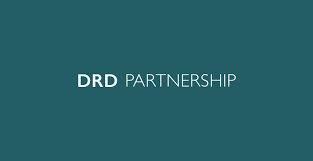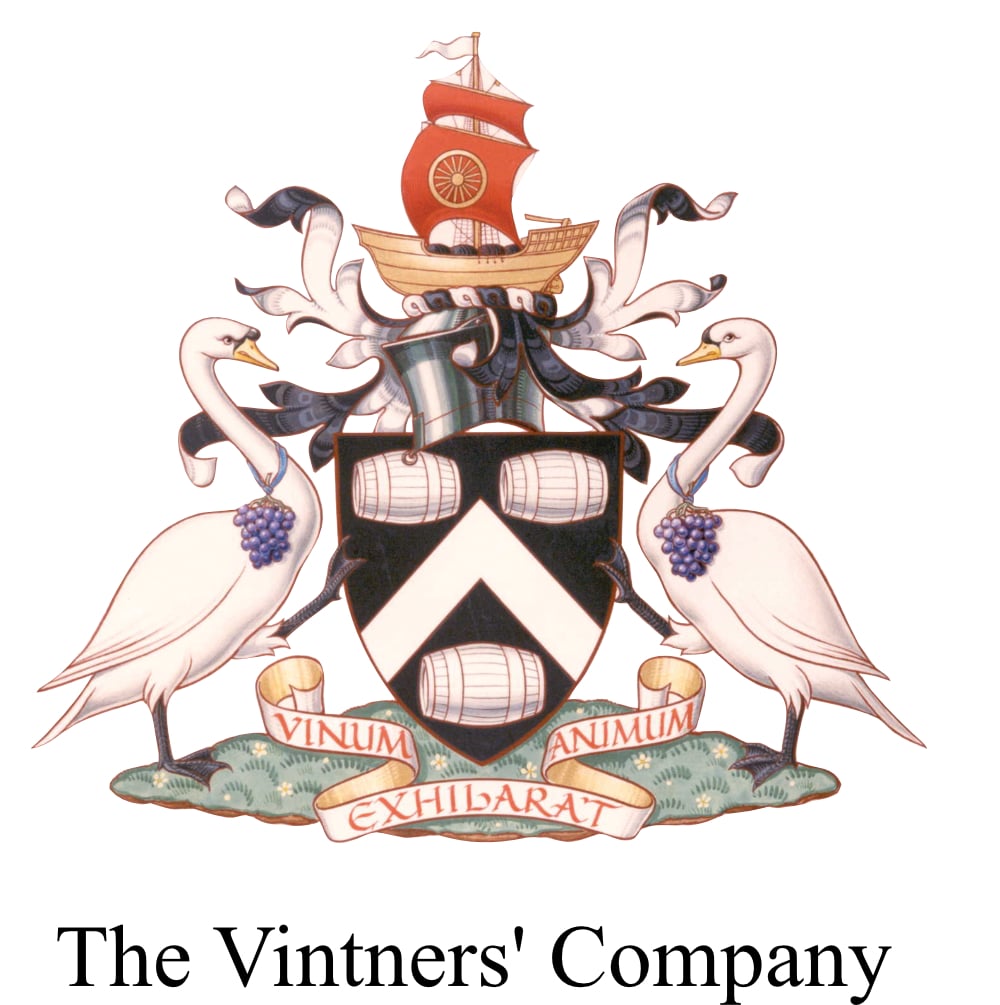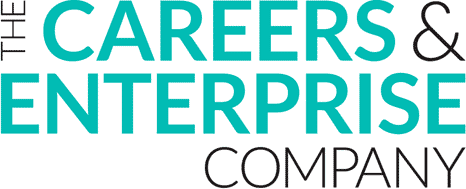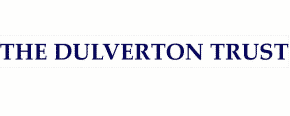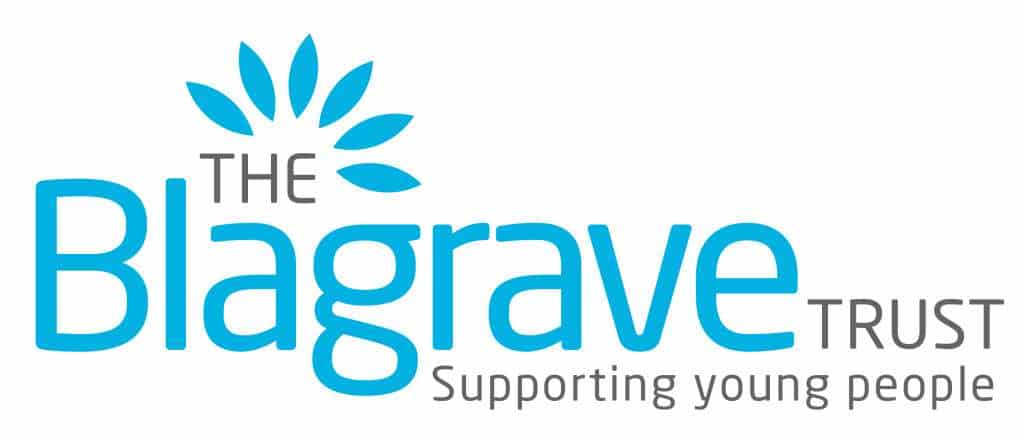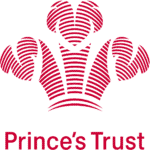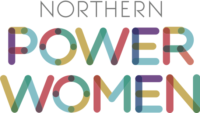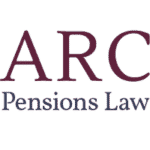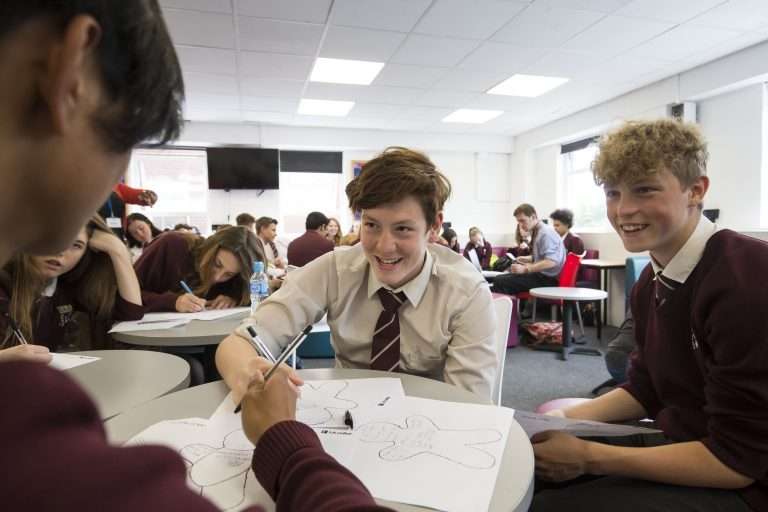
Why Callum Joined the Taylor Wessing Mentor Scheme
Our Careers Insight Days at Taylor Wessing offer a unique opportunity for students to develop their skills and confidence. As a volunteer, I helped to guide students through each workshop – sharing their experiences and acting as a role model. I really enjoyed the experience, so when I heard about the mentoring programme and the opportunity to build an ongoing relationship with the students, I was very keen to get involved.
I enjoy working with less socially mobile students who face greater barriers in their education and career prospects than other students. I thought that having an ongoing relationship with such a student might mean I could help them work out what they want to do in the future, encourage them to go for it and then give them tips on the process, acting as a role model for them when they come to think about university and careers.
Getting involved in the mentoring scheme made me more motivated knowing that Taylor Wessing actively encourages us to get involved in this kind of volunteering. It was refreshing to leave my desk in the afternoon for a couple of hours and have an experience which is completely different to that which we’re usually exposed to by working in a law firm. I was able to really connect with my mentee and understand a young person’s perspective and motivation for the future. It was extremely rewarding to see how engaged and enthusiastic all of the students were; there was a real buzz in the room every session.
Our partnership with Future First is a key element of our social mobility strategy, giving young people in state education unique career-building experiences. We do this by encouraging colleagues and clients to share their skills and their experiences with students. Encouraging people at the firm to volunteer their time to a great cause can have a big impact on employee happiness and productivity, as it means we feel like we’re giving something back to society.
The mentoring programme also helped us develop a range of softer skills we might not otherwise get to build on as often, this kind of experience will almost certainly benefit my career as a solicitor.
My mentee was very confident who was keen to learn. It was clear early on that he wasn’t certain about a career in law, and hadn’t thought in too much detail about what he wanted to do in the future. We used the structured sessions delivered by Future First to facilitate discussion about his interests, skills, and work experience and how all of this could help inform his choices. By the final session, he had a clearer idea of the kind of career he was interested and a better picture of what a career in law entails day-to-day – luckily, this seemed to encourage him rather than put him off!
The sessions were very practical – by the end of the programme my mentee had a CV that, after updating it together to include all of his relevant experience, he seemed much keener to go out to the world with and find a part-time job to broaden his skillset and working experience. He was also more confident in his understanding of a career in law; be it the different careers on offer in a law firm, the difference between becoming a solicitor and a barrister, or the unimportance of having done a law degree to get there, this knowledge seemed to be the most valuable takeaway from the programme. This goes to show that developing awareness of the legal industry goes a long way to breaking down the barriers to accessing it.
I enjoy working with less socially mobile students who face greater barriers in their education and career prospects than other students. I thought that having an ongoing relationship with such a student might mean I could help them work out what they want to do in the future, encourage them to go for it and then give them tips on the process, acting as a role model for them when they come to think about university and careers.
Getting involved in the mentoring scheme made me more motivated knowing that Taylor Wessing actively encourages us to get involved in this kind of volunteering. It was refreshing to leave my desk in the afternoon for a couple of hours and have an experience which is completely different to that which we’re usually exposed to by working in a law firm. I was able to really connect with my mentee and understand a young person’s perspective and motivation for the future. It was extremely rewarding to see how engaged and enthusiastic all of the students were; there was a real buzz in the room every session.
Our partnership with Future First is a key element of our social mobility strategy, giving young people in state education unique career-building experiences. We do this by encouraging colleagues and clients to share their skills and their experiences with students. Encouraging people at the firm to volunteer their time to a great cause can have a big impact on employee happiness and productivity, as it means we feel like we’re giving something back to society.
The mentoring programme also helped us develop a range of softer skills we might not otherwise get to build on as often, this kind of experience will almost certainly benefit my career as a solicitor.
My mentee was very confident who was keen to learn. It was clear early on that he wasn’t certain about a career in law, and hadn’t thought in too much detail about what he wanted to do in the future. We used the structured sessions delivered by Future First to facilitate discussion about his interests, skills, and work experience and how all of this could help inform his choices. By the final session, he had a clearer idea of the kind of career he was interested and a better picture of what a career in law entails day-to-day – luckily, this seemed to encourage him rather than put him off!
The sessions were very practical – by the end of the programme my mentee had a CV that, after updating it together to include all of his relevant experience, he seemed much keener to go out to the world with and find a part-time job to broaden his skillset and working experience. He was also more confident in his understanding of a career in law; be it the different careers on offer in a law firm, the difference between becoming a solicitor and a barrister, or the unimportance of having done a law degree to get there, this knowledge seemed to be the most valuable takeaway from the programme. This goes to show that developing awareness of the legal industry goes a long way to breaking down the barriers to accessing it.

